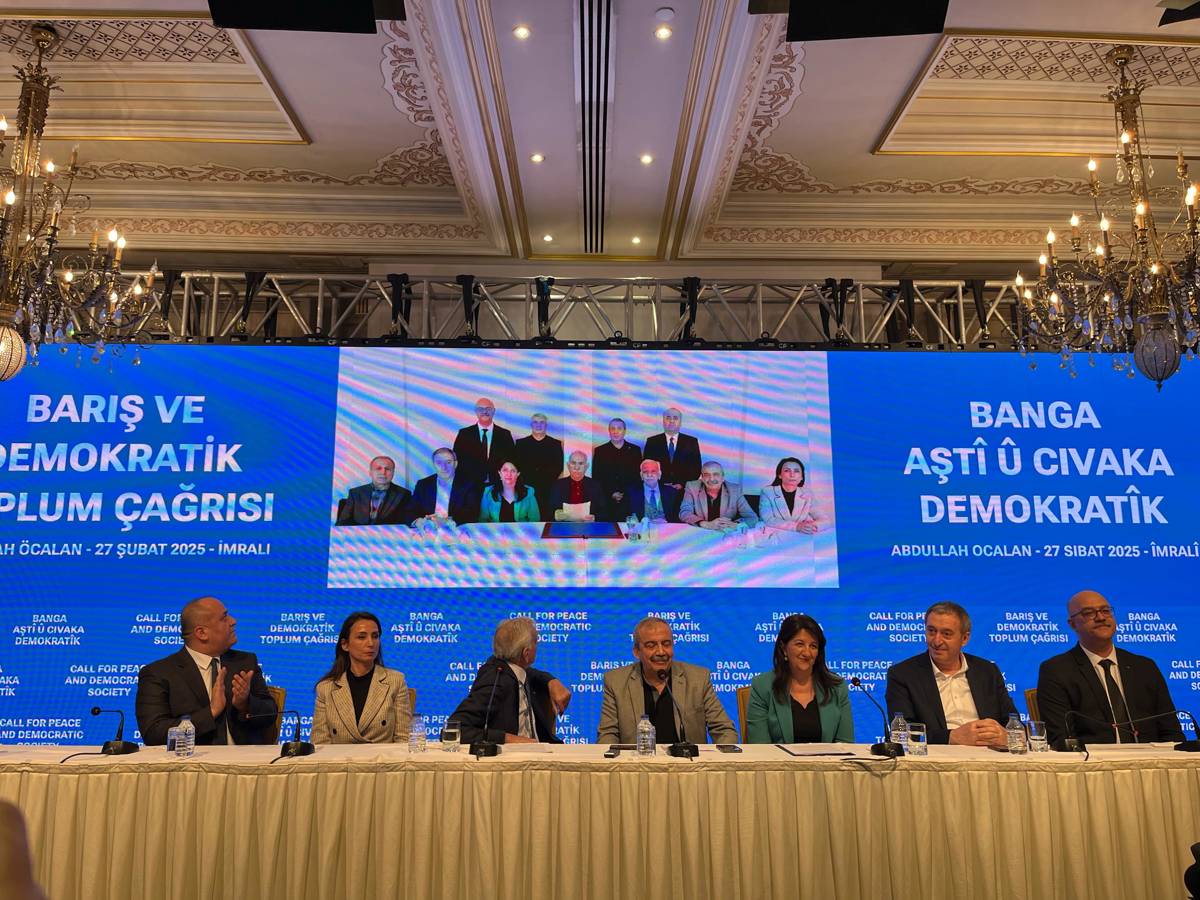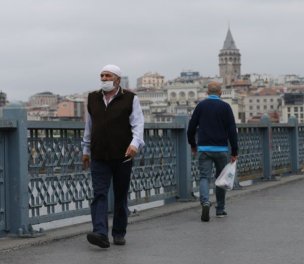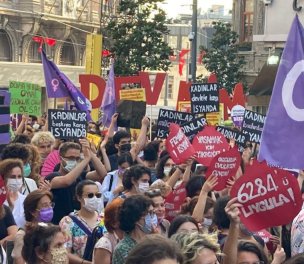DECEMBER 10 HUMAN RIGHTS DAY
‘Not identity-based, but class-based tensions are now at the forefront in Turkey’
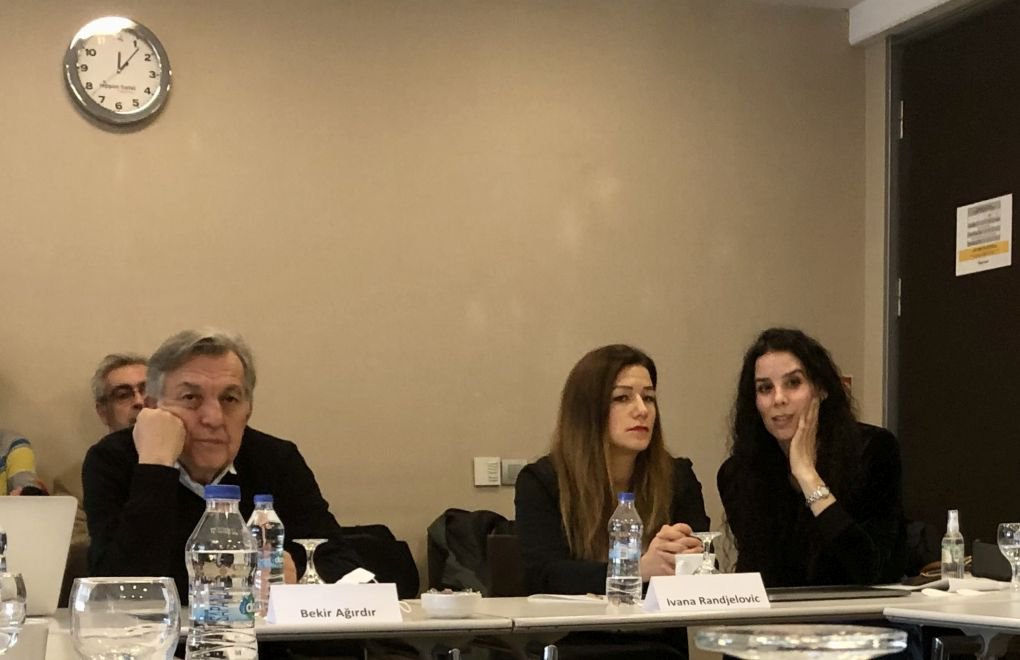
Click to read the article in Turkish
KONDA Research company has prepared a "Human Rights Perception and Awareness" report for the Civil Rights Defenders (CRD). The report dated October 2021 was shared with the public at a press conference held in İstanbul's Taksim yesterday (December 9).
KONDA General Manager Bekir Ağırdır presented the report shedding light on the violations of rights and forms of discrimination in Turkey as well as the activities in the field of human rights in the country.
CRD Representative Ivana Randjelovic also summarized what the organization aimed for as part of the study and its fields of activity.
According to Randjelovic, in the face of violations of rights in the fields of law and freedom of expression, the organization aims to "foster human rights activities in these fields by focusing on the improvement of political rights in repressive societies, especially in Europe."
The CRD Representative also noted that the organization carries out similar studies and works in four continents while it conducts a similar study to the one in Turkey in all Balkan countries
"We meticulously continue working especially on improvement of minority rights, freedom of expression and networking," she said.
About the report
|
'These problems will continue like this'
According to the survey results, politicians (56 percent) and the media (32 percent) are the ones who violate human rights the most.
It is a prevalent opinion among the public that none of the current parties can solve Turkey's problems in the field of human rights.
While 15 percent of the respondents are of the opinion that the ruling Justice and Development Party (AKP) can solve the problems of human rights, 9 percent are of the opinion that the main opposition Republican People's Party (CHP) can do it and 7 percent of the respondents think that the opposition İYİ Party can solve Turkey's problems in the field of human rights.
However, strikingly, 38 percent think that Turkey cannot make any progress in human rights, saying that "these problems will continue like this."
The most important three rights
According to the respondents, the most important three rights are the right to life, freedom of expression and right to access quality education.
The three rights attached the least importance by society are the rights to organize, protest and hold meetings and demonstrations.
LGBTI+s: Distant to 1 out of every 2 respondents
Even though rights sush as the prohibition of discrimination, equality before the law and equal legal protection are safeguarded by the Constitution, the ongoing policies and the disinformation or misinformation of society fuel discrimination among citizens. The discrimination-based questions asked to citizens manifest the relation between discrimination and ongoing policies.
According to the survey results, half of the society feel distant to LGBTI+s, which makes them the community whom society feels most distant to.
Women, poor, Kurds
The groups which society thinks face injustice the most are women, the poor, Kurds and young people.
It is a striking fact that while there is no problem of distance between women and society, half think that their rights are violated the most.
'Poverty, inequalities have increased'
KONDA's Bekir Ağırdır said that according to the participants, Turkey's human rights score is 2.7 out of 5; in 2012, this score was 2.9.
Bekir Ağırdır also noted that there are two main highlights in the report: The society still points to the politics and politicians as interlocutors and the lack of knowledge/ education level.
"Society points to politics both as a source of the problem and the one to solve it," said Ağırdır, briefly adding, "Even when we look at it amid the long-lasting problems of the country, we see that society is expecting a solution from politics in a calm manner, which I find important."
Ağırdır underlined that with the issues of poverty, inequalities in income distribution and making ends meet coming to the forefront, identity politics has come to be replaced by class politics. Ağırdır said:
"In the last 10 years, issues such as identities and lifestyles came to the forefront in all our studies and it was also reflected in the elections. Until today, we would vote upon our identities; we would vote in a way that we could define as an identity census.
"But what we, as KONDA, have been following since 2019 is the following: As unemployment, poverty and inequalities in income distribution have increased, class tensions have come to the forefront again. To sum up, identity tensions have been replaced by class tensions."
According to Ağırdır, society is aware of the shortcomings in democracy and human rights; they also know that freedom of expression is necessary.
So, in a possible election in Turkey, it seems to be an important factor that society is aware of human rights violations in the country, holds the current government liable for this and criticizes it and says that they will not vote for the parties that violate human rights. (TY/AS/SD)
Q&A WITH SIRRI SÜREYYA ÖNDER ON KURDISH PEACE TALKS
'We come from a long past, and we are thinking about a long future'
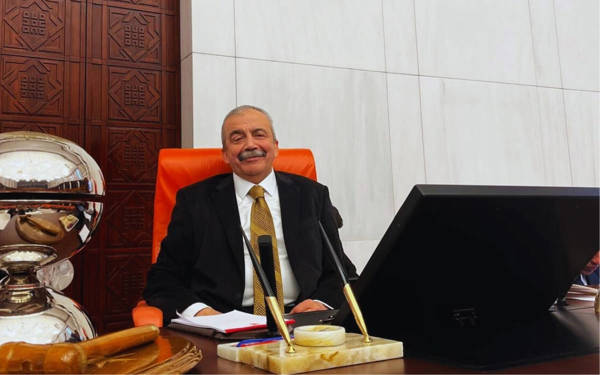
İstanbul Film Festival drops queer films section from 2025 lineup
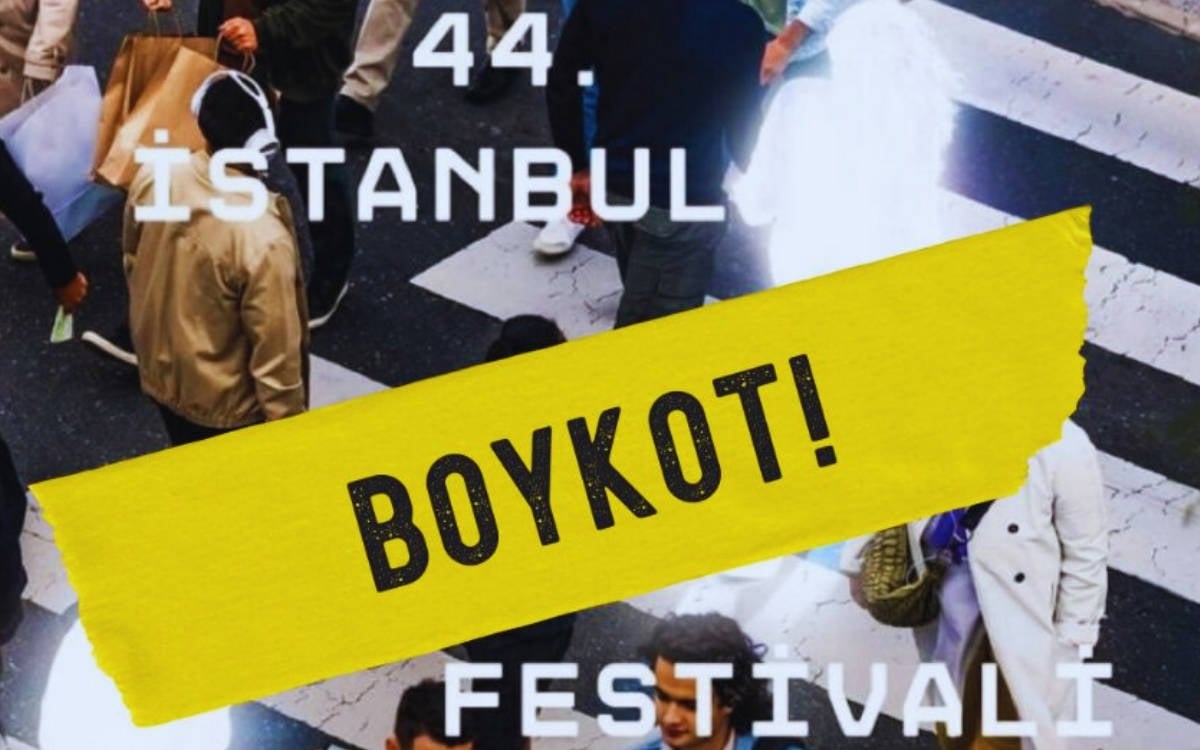
İmamoğlu detention: 'Election alliance with Kurds is not a terror crime,' says MP
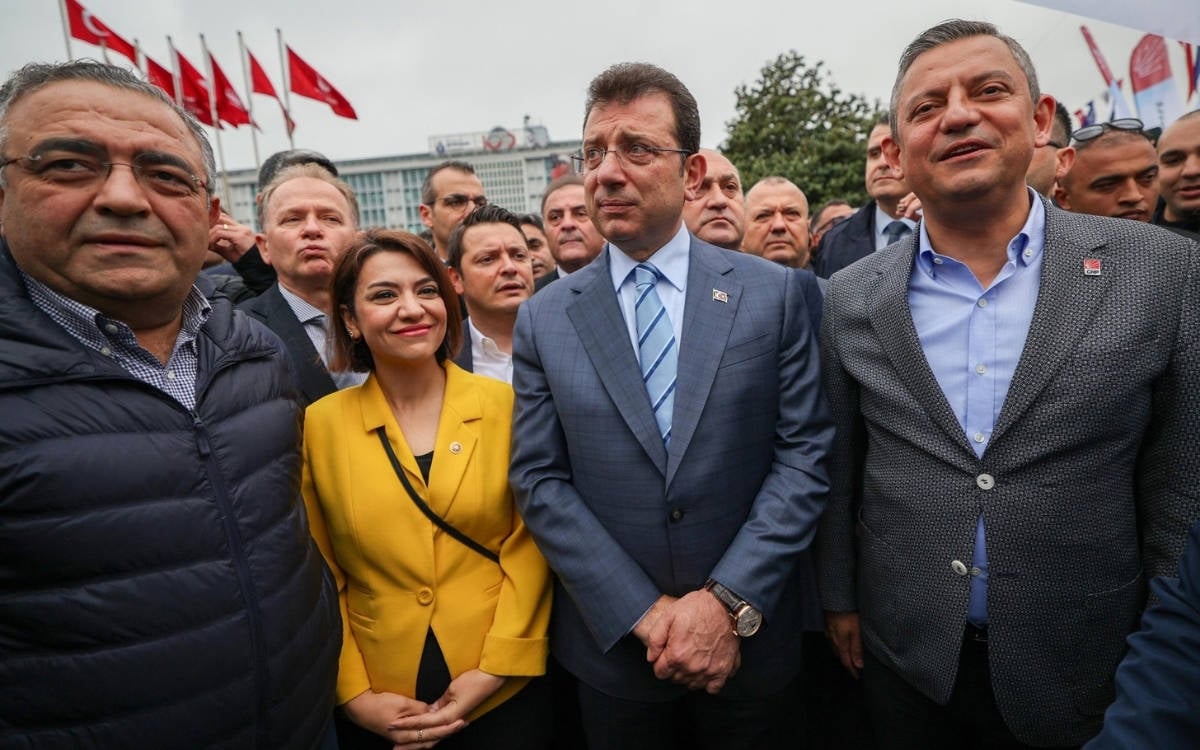
Öcalan's message sparks both hope and skepticism
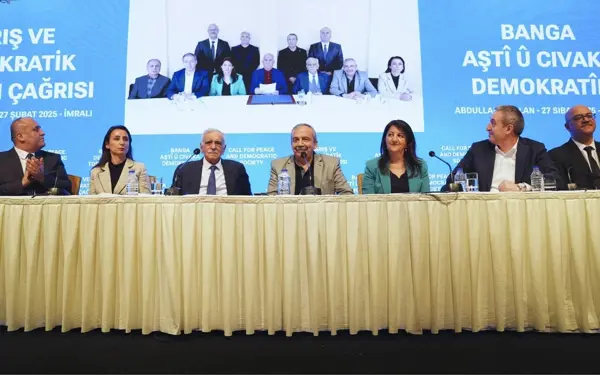
PKK leader Öcalan calls on group to lay down arms in historic statement
